(Matt 9:37-38)
Below you'll see everything we could locate for your search of “Matt 6-9 Luke 1-4”
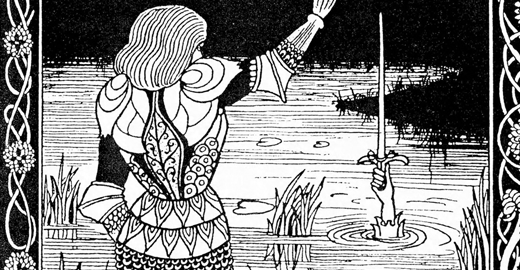
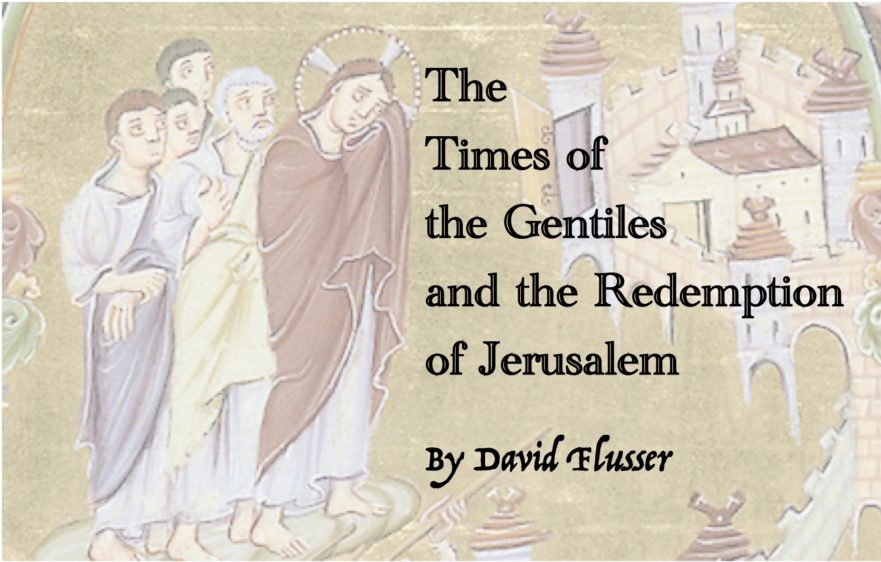
How to cite this article: David Flusser, “The Times of the Gentiles and the Redemption of Jerusalem,” Jerusalem Perspective (2014) .

Or, to give another example, when the angel Gabriel brought the news to Mary that she would become the mother of Israel’s anointed redeemer, she too broke out in song: “My soul magnifies the Lord,” she sang, “and my spirit rejoices in God my saviour” (Luke 1:46-47).
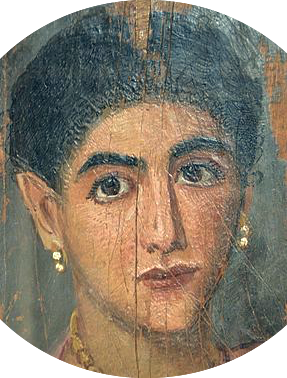
Matt. 13:44-46 (Aland 132; Huck 101; Crook 154)For abbreviations and bibliographical references, see “Introduction to ‘The Life of Yeshua: A Suggested Reconstruction.'” Revised: 24 October 2022
לְמַה אֲדַמֶּה מַלְכוּת שָׁמַיִם לְמַטְמוֹן בַּשָּׂדֶה שֶׁמָּצָא אָדָם וְטָמַן אֹתוֹ וּמִשִׂמְחָתוֹ הָלַךְ וּמָכַר כֹּל מַה שֶּׁהָיָה לוֹ וְלָקַח אֹתָהּ הַשָּׂדֶה וְעוֹד אָמַר לְמַה אֲדַמֶּה מַלְכוּת שָׁמַיִם לְאִישׁ תַּגָּר הַמְּבַקֵּשׁ מַרְגָּלִיּוֹת טוֹבוֹת וּכְשֶׁמָּצָא מַרְגָּלִית אַחַת יְקָרָה הָלַךְ וּמָכַר כֹּל מַה שֶּׁהָיָה לוֹ וְלָקַח אוֹתָהּ
Then Yeshua told them this parable: “What comparison can I make to illustrate the worth of belonging to my band of disciples? It’s like a man who stumbled upon buried treasure in a field. What did he do? He reburied it, and in his excitement he sold everything he owned to get enough money to buy the field and obtain the treasure.”
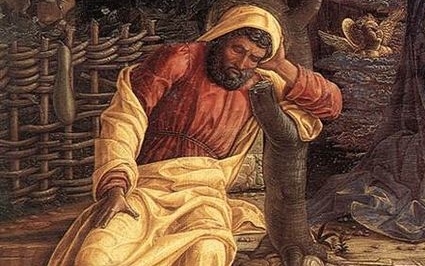
When Zechariah entered the Temple and was approached by God’s heavenly messenger, Zechariah was not able to receive the good news Gabriel announced to him (Luke 1:8-20)…. Unable to successfully communicate with God, the priest also found himself unable to communicate with the worshippers who had come up to the Temple to pray (Luke 1:21-22). … His wife Elizabeth, although she was able to speak, seemed unable to share with her friends the good news that God had opened her womb and that she was finally going to have a baby (Luke 1:24). … Gabriel tells us straight out that Mary was highly favored and that the LORD was with her (Luke 1:28). Luke tells us that Zechariah and Elizabeth were upright in the sight of God and that they kept all of the LORD’s commandments blamelessly (Luke 1:6).
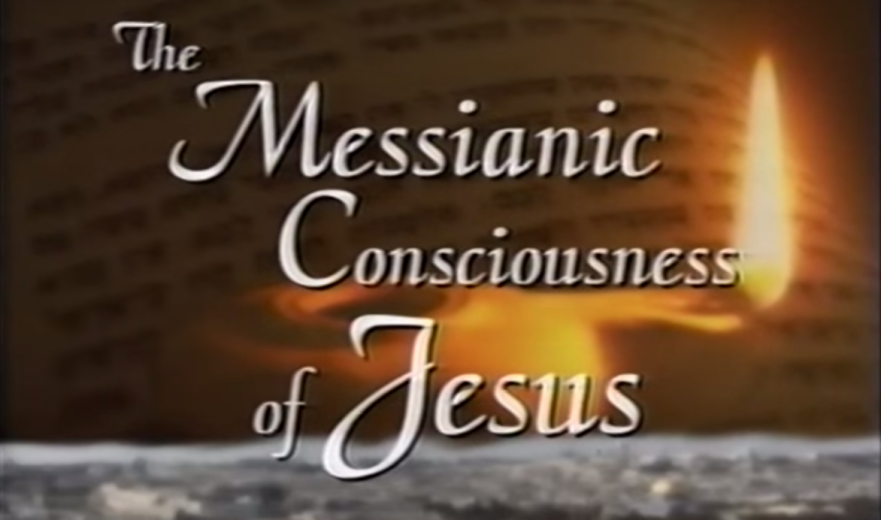
Lesson Six deals with the story of Jesus’ sermon in the Nazareth synagogue (Luke 4:16-21).
If Brown is right, one might ask why, for instance, the understanding of Matthew 6:22-23 advocated by the authors, “If your eye is good/bad ,” is not reflected in English versions of the Bible?

They don’t today, and that is why many believe that the “lilies of the field” in Matthew 6:28 and Luke 12:27 does not refer to the beautiful and now rare Madonna Lily, Lilium candidum…. Several wildflowers native to Israel have been suggested in its place for “lilies of the field” in Matthew 6 and Luke 12.
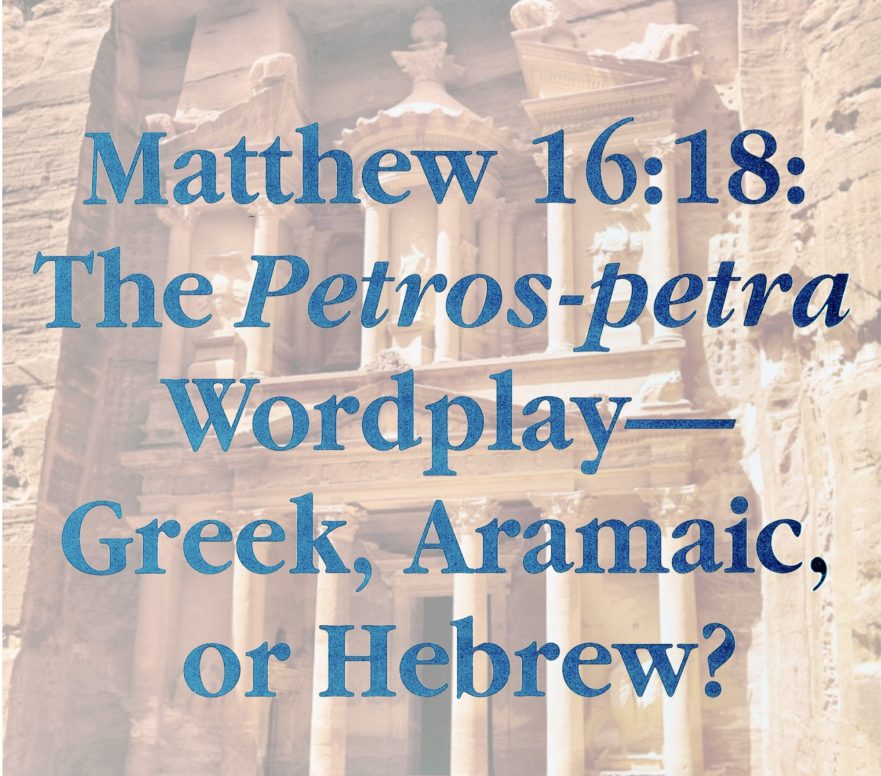
Revised: 11-Dec-2014

— wp:paragraph {“dropCap”:true} –>
One of the miracles performed by Jesus during his stay with the Sea of Galilee fishermen is known in Christian tradition as the “Healing of the Demon-possessed Man” and also, more popularly, as the “Miracle of the Swine” (Matt. 8:28-34; Mark 5:1-20; Luke 8:26-39).
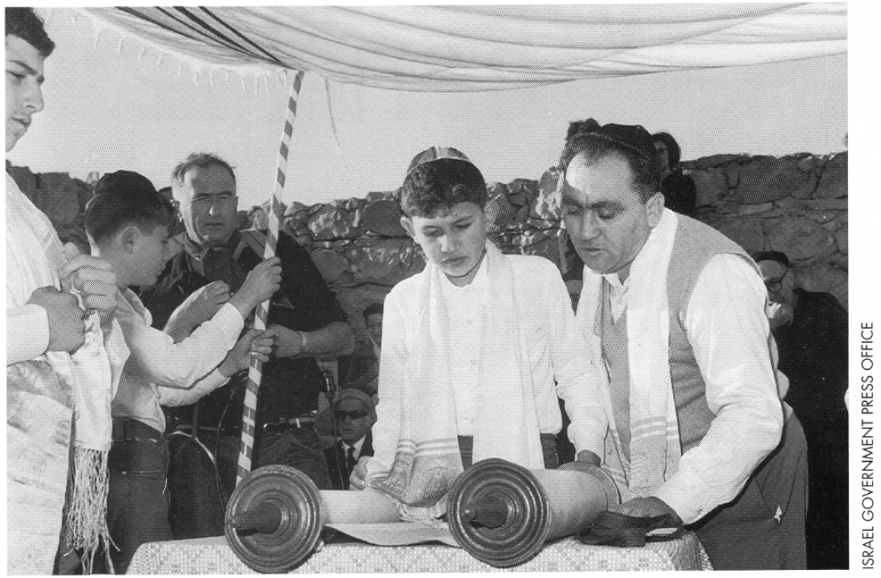
The Contemplative Life 30-31; Luke 4:16-20. … Thus, just as Luke reports, Jesus read from the Torah in the synagogue of Nazareth,Indicated by the words “he stood up to read” in Luke 4:16 (see Shmuel Safrai, “Naming John the Baptist,” Jerusalem Perspective 20 : 2)…. Indicated by the words “he sat down” in Luke 4:20. … As Luke 4:20 says, “All eyes were fixed on him.”
As Luke hints with the word καθεξῆς (kathekses, consecutive order) in his prologue (Luke 1:3), the accounts of Jesus’ life then circulating were lacking order.

— /wp:paragraph –>(Matt. 6:19-20)
Jesus’ homily, which has been preserved in Matthew 6:19-24, contributes a small but priceless piece to a larger canvas—stewardship in the faith and piety of late Second Temple-period Judaism.
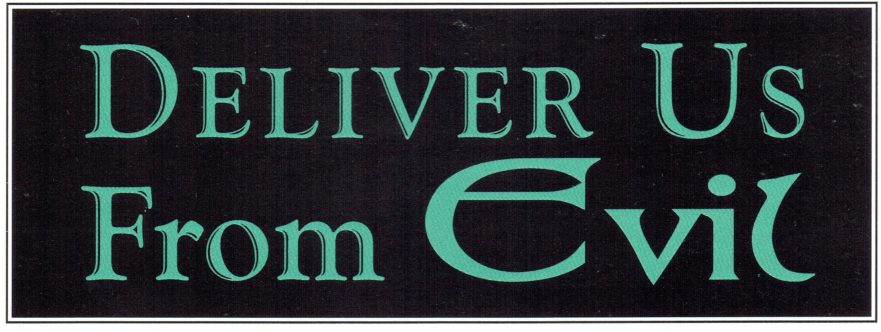
The Good News Bible, New Century Bible, New International Version, New Jerusalem Bible and New Revised Standard Version all render Matthew 6:13b as keep us, save us, rescue us, or deliver us “from the evil one.” … — /wp:shortcode –>
Matthew 6:13b includes the prepositional phrase apo tou ponērou, which may mean “from the evil one” or “from the evil (thing).” … The second occurrence of ponēros follows the preposition ek (“from, out of”) and, therefore, appears in the same ambiguous form of the gender as in the Lord’s Prayer (Matt. 6:13b).
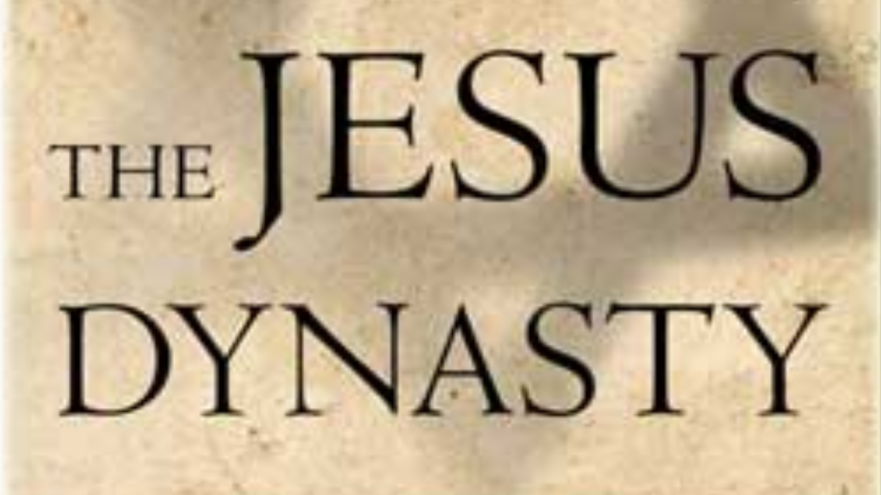
Chancey argues that the famous “centurion” of Matt. 8:5-13 ∥ Luke 7:1-10 was not a Roman soldier, but rather a (non-Jewish) Herodian soldier (ibid., 50-56).

(See Joseph Frankovic, “Pieces to the Synoptic Puzzle: Papias and Luke 1:1-4,” Jerusalem Perspective 40 (Sept.
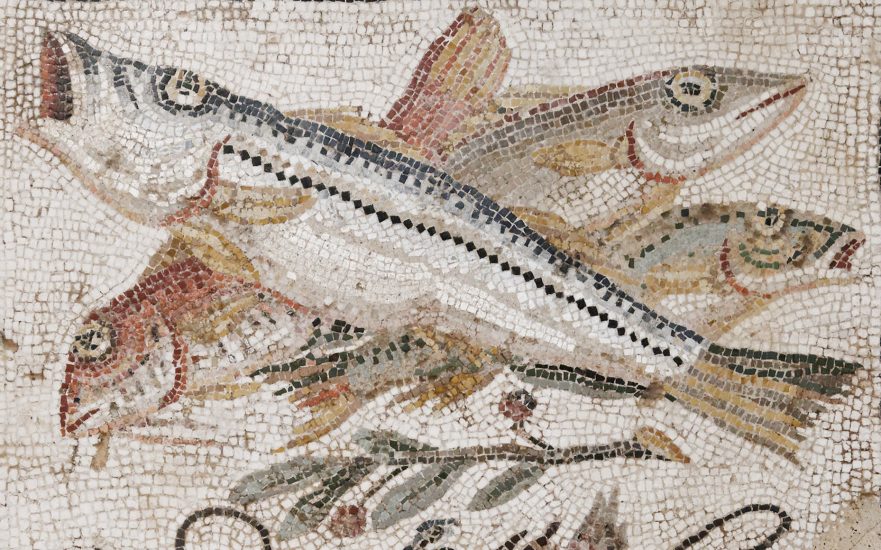
Revised: 16-Jun-2013
Among the more creative scriptural interpretations related to the fulfillment of prophecy in our day is one centering on Jeremiah 16:16. According to it, the “hunters” in this verse are the brutal pursuers of the Jewish people, such as the Nazis who systematically murdered millions of Jews.